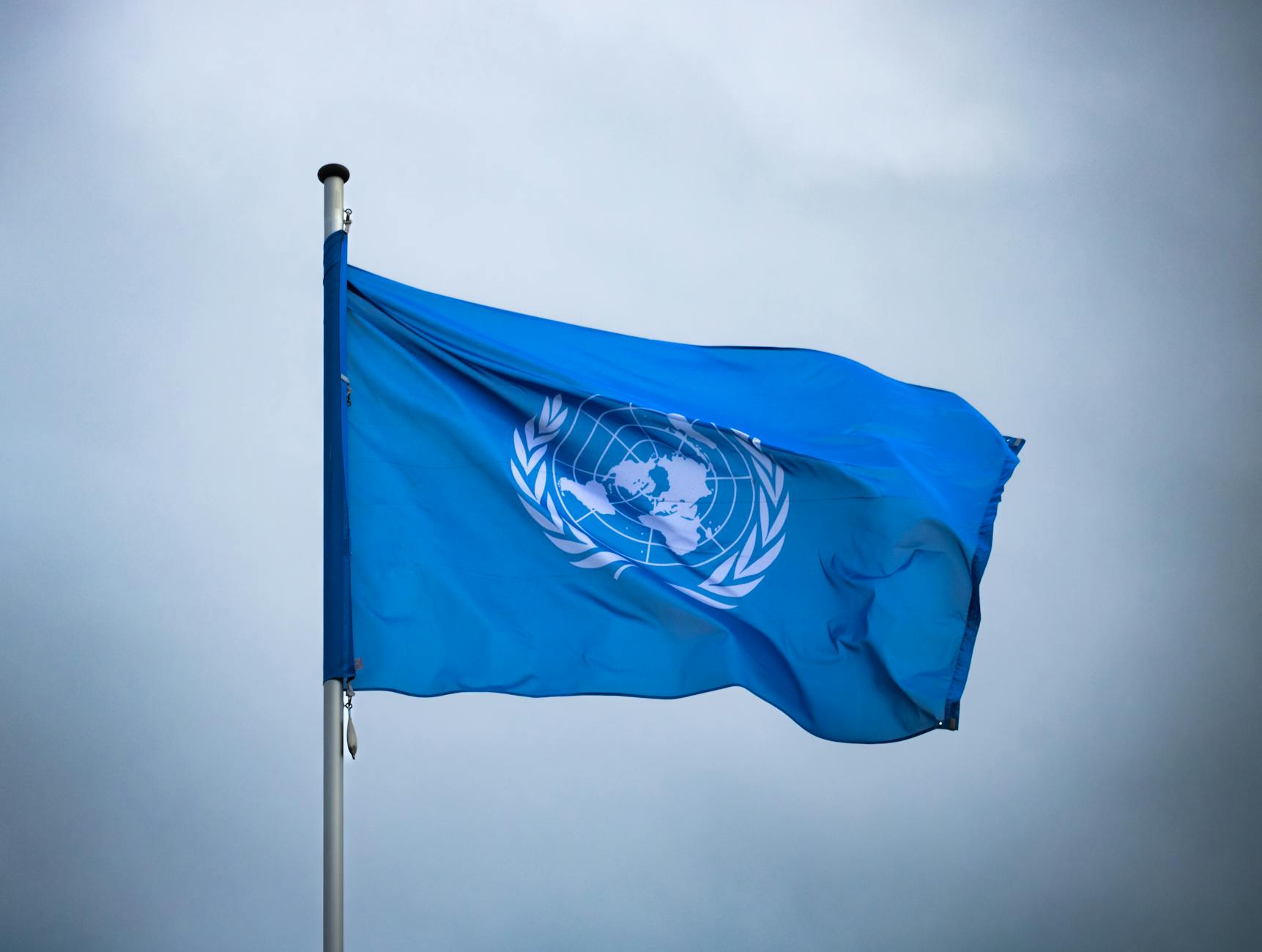In a bold and unprecedented move, the United States has vowed to sanction the International Criminal Court (ICC), asserting that its recent issuance of arrest warrants signals an alarming trend: too much justice.
The White House Press Secretary, in a statement released earlier today, claimed, “The ICC’s actions threaten to destabilize the balance of justice in the world. We believe in freedom and fairness, but there’s such a thing as too much accountability. It’s crucial to remember that not every crime deserves to be tried by an international body.”
The decision follows the ICC’s issuance of arrest warrants for Israeli Prime Minister Benjamin Netanyahu and several associates. In response, the US administration has accused the ICC of “overstepping its bounds,” adding that its actions “interfere with diplomatic relations and political strategies.”
To address this “infringement,” the administration announced its intention to impose sanctions on the ICC, including freezing its assets, restricting its members’ travel, and even banning its annual bake sale.
“This isn’t just about Netanyahu,” an anonymous source from the administration confided. “It’s about the ICC’s reckless, unchecked power. They can’t just issue warrants willy-nilly, especially not for figures crucial to geopolitical alliances.”
The source further clarified that the move was not intended to suggest immunity for political leaders, but rather to ensure “strategic freedom” in international relations. “After all,” they concluded, “isn’t freedom just another word for no accountability left to lose?”
The ICC, for its part, has responded with a curt statement: “Our mission is to uphold justice, not play politics. If some find that threatening, perhaps it’s time to reconsider which side of the scales they stand on.”
Critics of the US move have taken to social media to voice their concerns, with one commentator summing up the sentiment: “If protecting war criminals is a matter of national interest, what does that say about the nation’s interests?”

